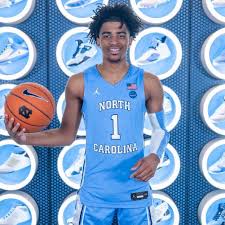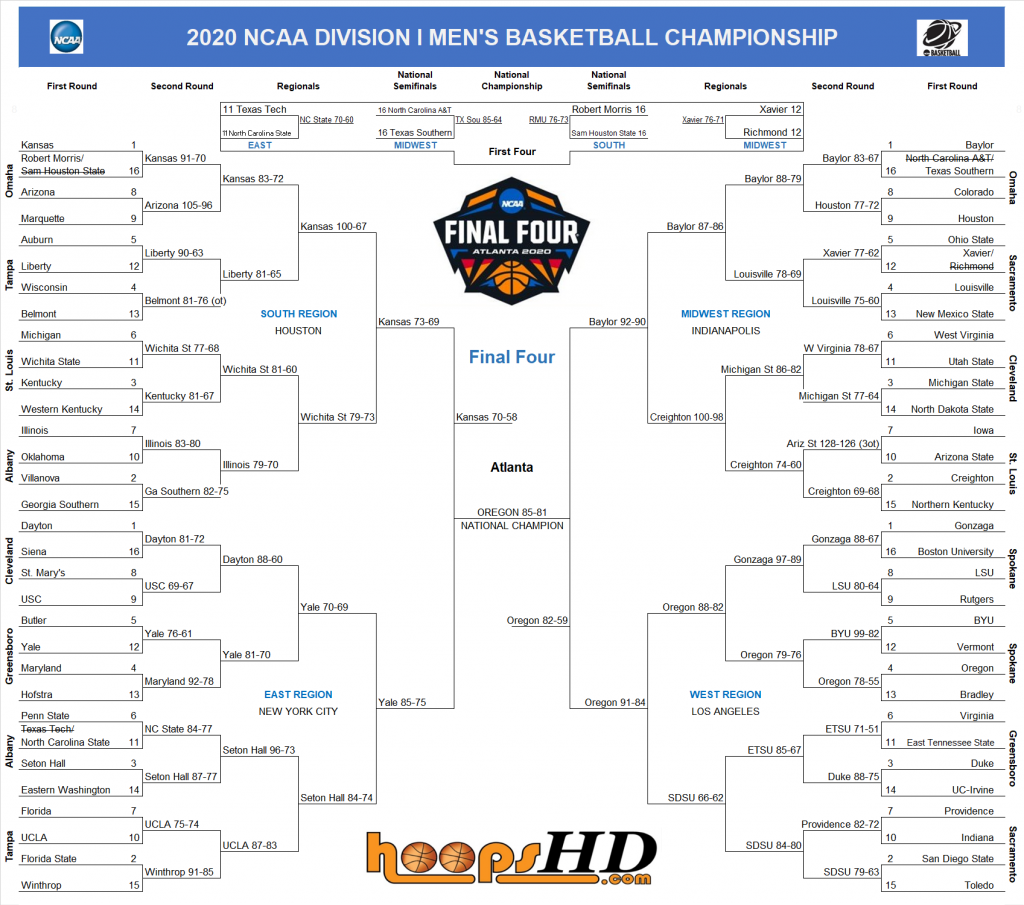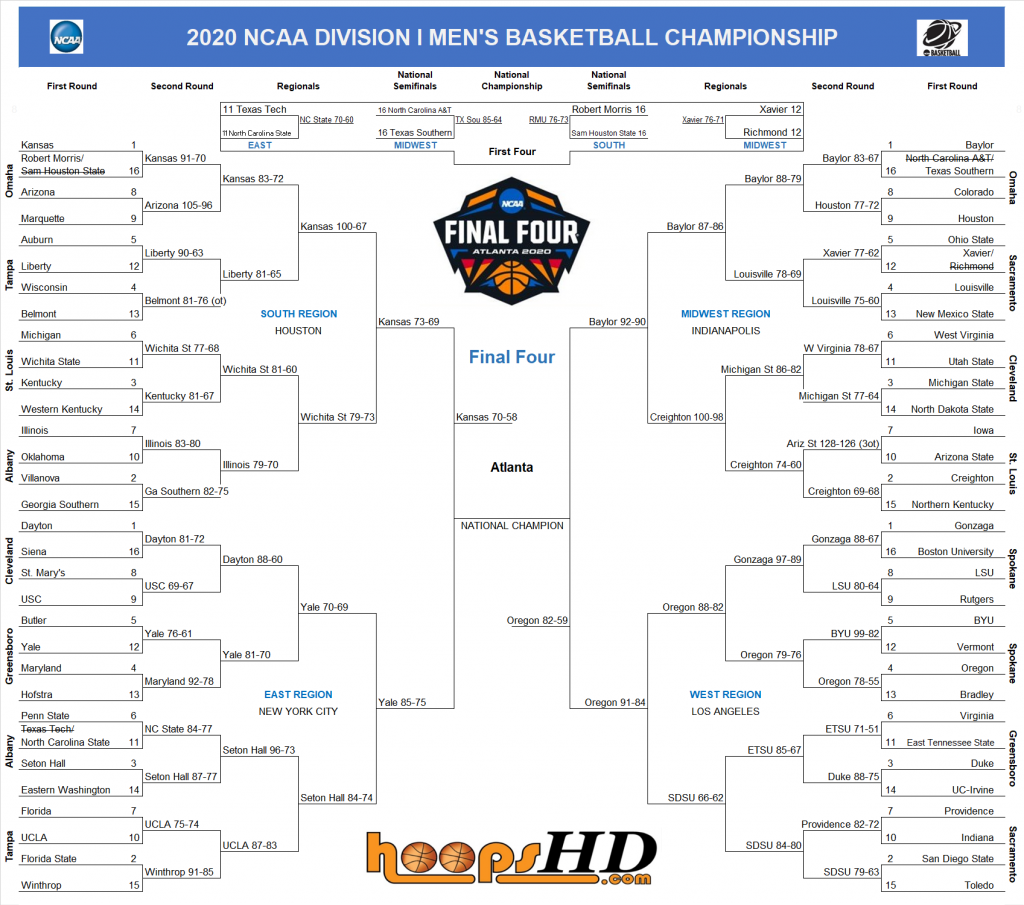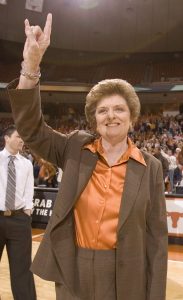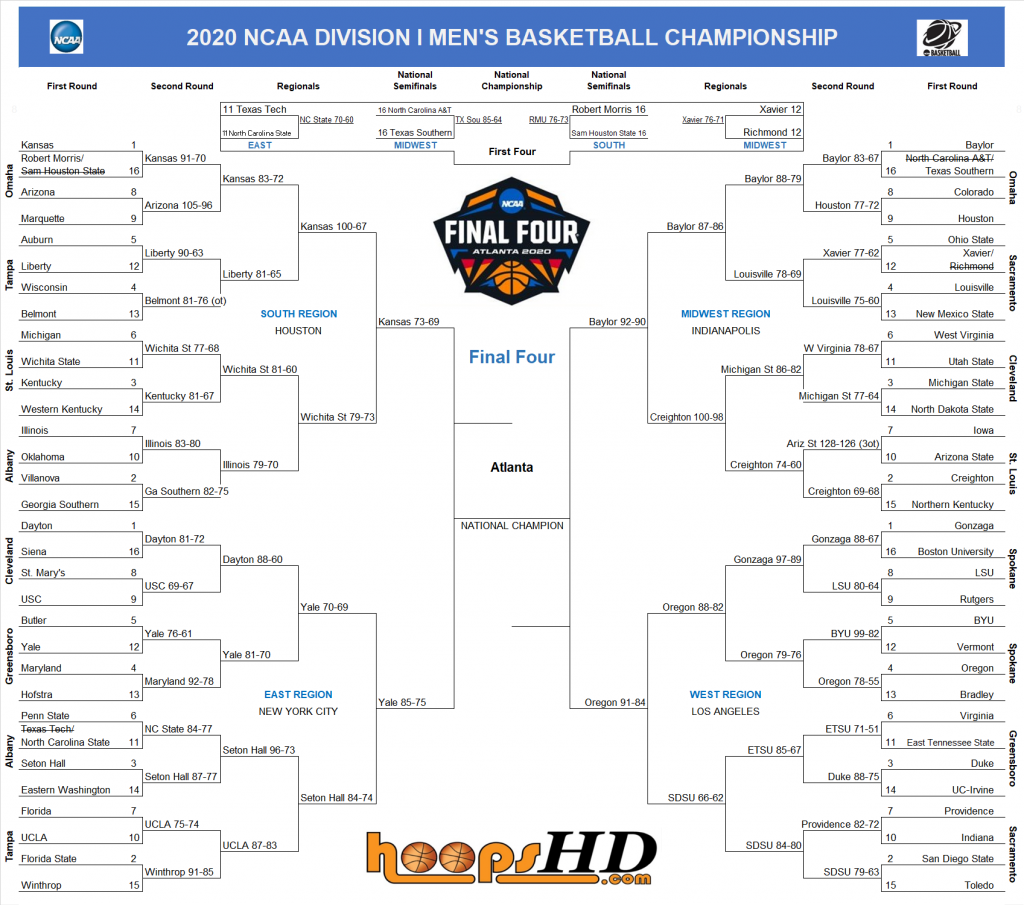If you want to win an NCAA title you need a good coach, a great resume…and a McDonald’s All-American. Only 1 championship team since 1979 has not had such a player (Maryland in 2002). The 43rd annual McDonald’s All-American Game was scheduled to take place last week in Houston but was canceled due to the coronavirus pandemic. However, if you do not think these guys can make an immediate impact in the fall, just ask Coach Tony Bennett how he liked having 2016 honoree Kyle Guy on his roster last spring at Virginia! North Carolina will be getting 4 more in the fall when 2020 honorees RJ Davis/Day’Ron Sharpe/Walker Kessler/Caleb Love all head to the Dean Dome. HoopsHD’s Jon Teitel got to chat with RJ about becoming a McDonald’s All-American and winning a state title.
As a sophomore you helped your team win the 1st Class AA state Federation title in school history: what did it mean to you to win a title? It meant a lot to win a title! My sophomore year was a “revengeance” year after being cheated during my freshman year in the semifinal game. I felt like I had to redeem myself. My team and I wanted to prove that we were the best team in New York…and we did that.
Last April you were ranked 197th nationally in your class: how have you been able to move so high up the list during the past 10 months? Remaining in the gym. I did not pay too much attention to rankings and all of the political stuff: that was not my priority. My priority was perfecting my craft and letting my game do the talking. I had a goal set in my mind going into AAU this past summer: to dominate every session and every top guard that was ahead of me. My confidence and mentality allowed me to move up high on the ranking list.
Last October you signed with North Carolina (over several other schools including Indiana/Kansas/Louisville): what made you choose the Tar Heels? UNC felt like home. The environment/teammates/coaching staff: I was able to bond with all of them! I chose UNC because I felt like they were the school that will help me get to the next level and will help me develop my overall game. Plus, the ACC is the best conference in the country so I will get to play on a big stage. I like moments like that and I love challenges so why not?
What makes Roy Williams such a great coach, and what do you think of his preference to play with 2 PGs? Coach Roy cares for his players. Besides the basketball part he cares about his players’ character and responsibility. I think the preference to play with 2 point guards will be great! He had success with Marcus Paige/Joel Berry in the backcourt together (when they won the 2017 NCAA title). 2 point guards is a win-win situation.
You recently became the leading scorer in the history of Westchester County: what is the key to being a great scorer? The key to being a great scorer is to not let anyone dictate the way that you play. The player has to be in control of the game and dictate to the defender where he is going.
In January you were named a McDonald’s All-American: what did it mean to you to receive such an outstanding honor? Becoming a McDonald’s All American was always a dream of mine growing up. To receive the award and have my name on the list brings a smile to my face! It is something that I will never forget.
UNC has 3 other incoming McDonald’s All-Americans in Day’Ron Sharpe/Walker Kessler/Caleb Love: how well do you know the other guys, and do you think that you will all have a chance to get some major minutes next fall? I know the guys pretty well and we have had the chance to communicate with one another. I understand that it is a big transition from high school to college and I hope that all of us will have an opportunity to play.
Last year’s Tar Heels team had 1 of its worst seasons in the past 2 decades: have you been able to watch any of their games, and if so then what do you think has been the biggest problem (talent/injuries/other)? I was able to watch all of their games and I feel like they have a good unit. Sometimes you can have great games and other times there are just holes…but that is basketball!
I have seen you listed anywhere from 5’11” to 6’1”: what is the key to being a good PG? Being a point guard is about being that extra coach on the floor and making the right decisions. The coach and players should trust you!
All 7 of your uncles played college basketball and your father Robert was an All-American at Mercy College: who is the best athlete in the family? I am the best athlete in the family by far!

